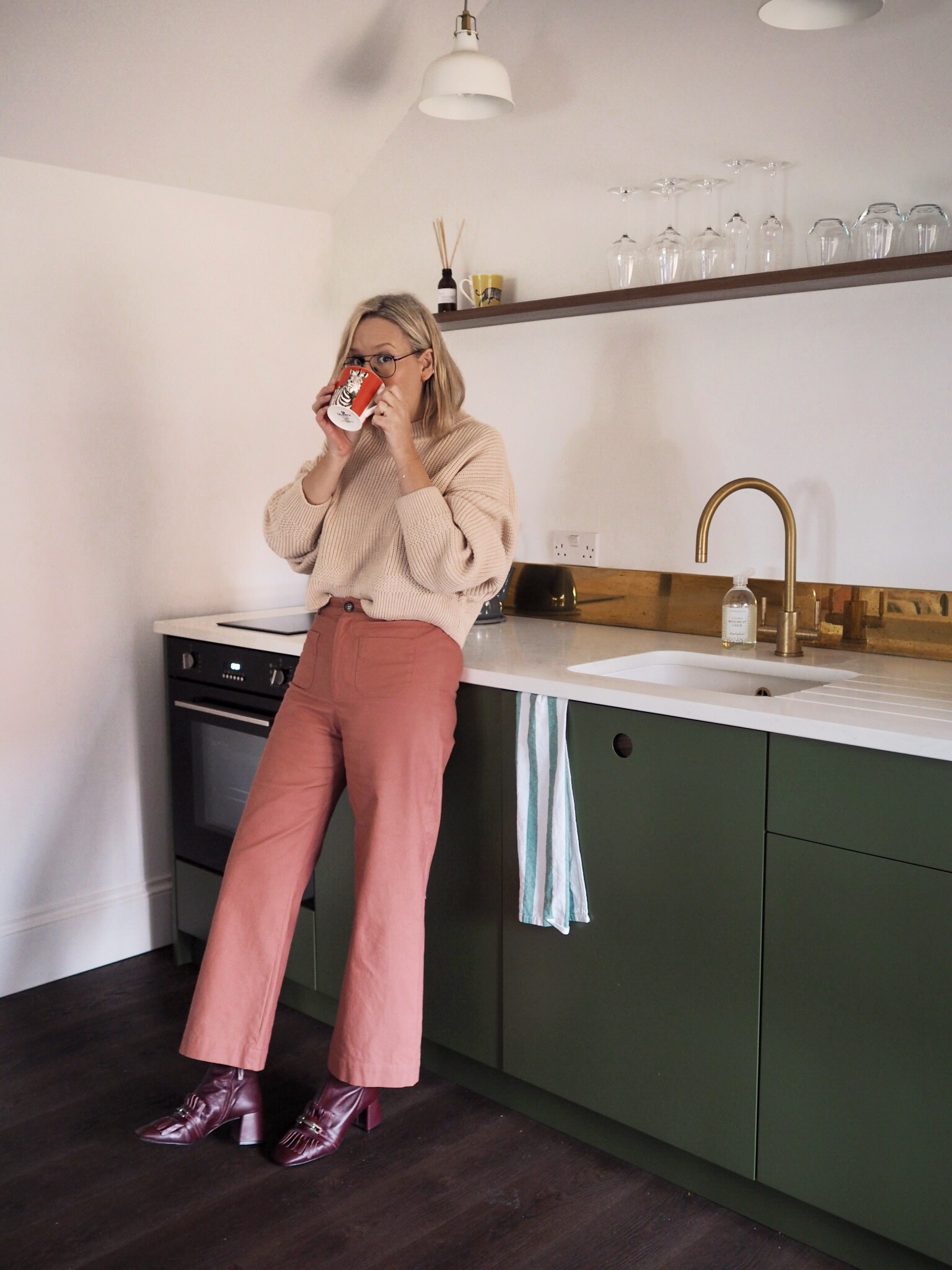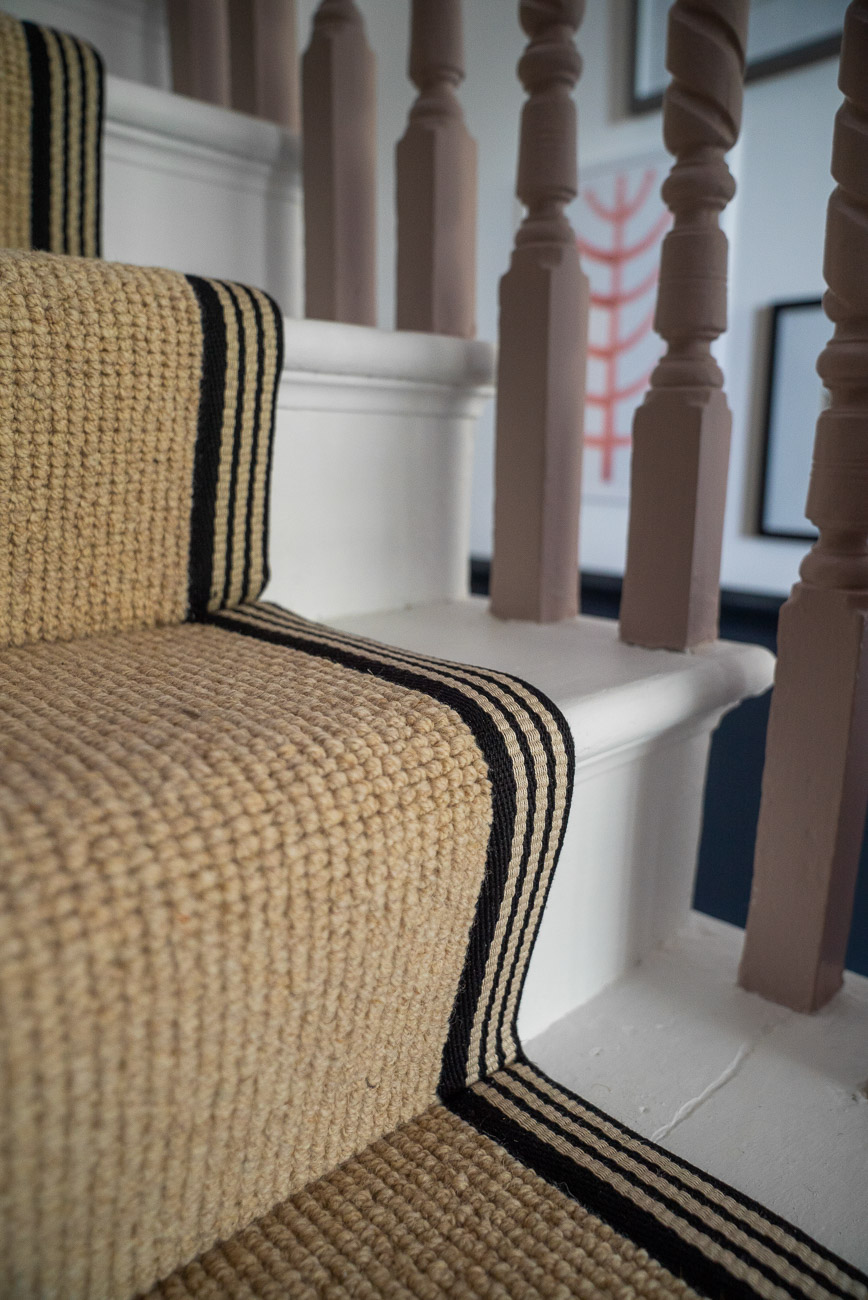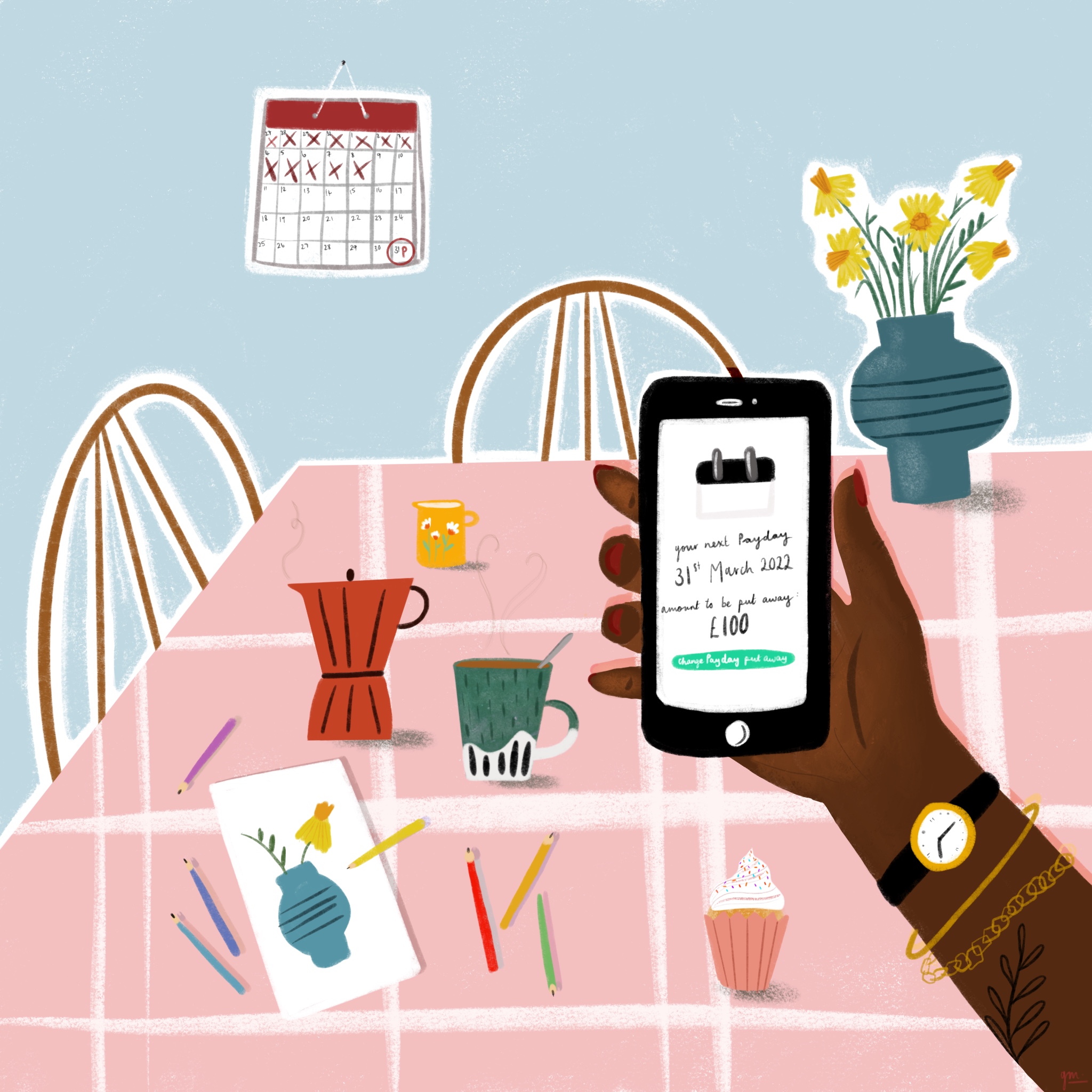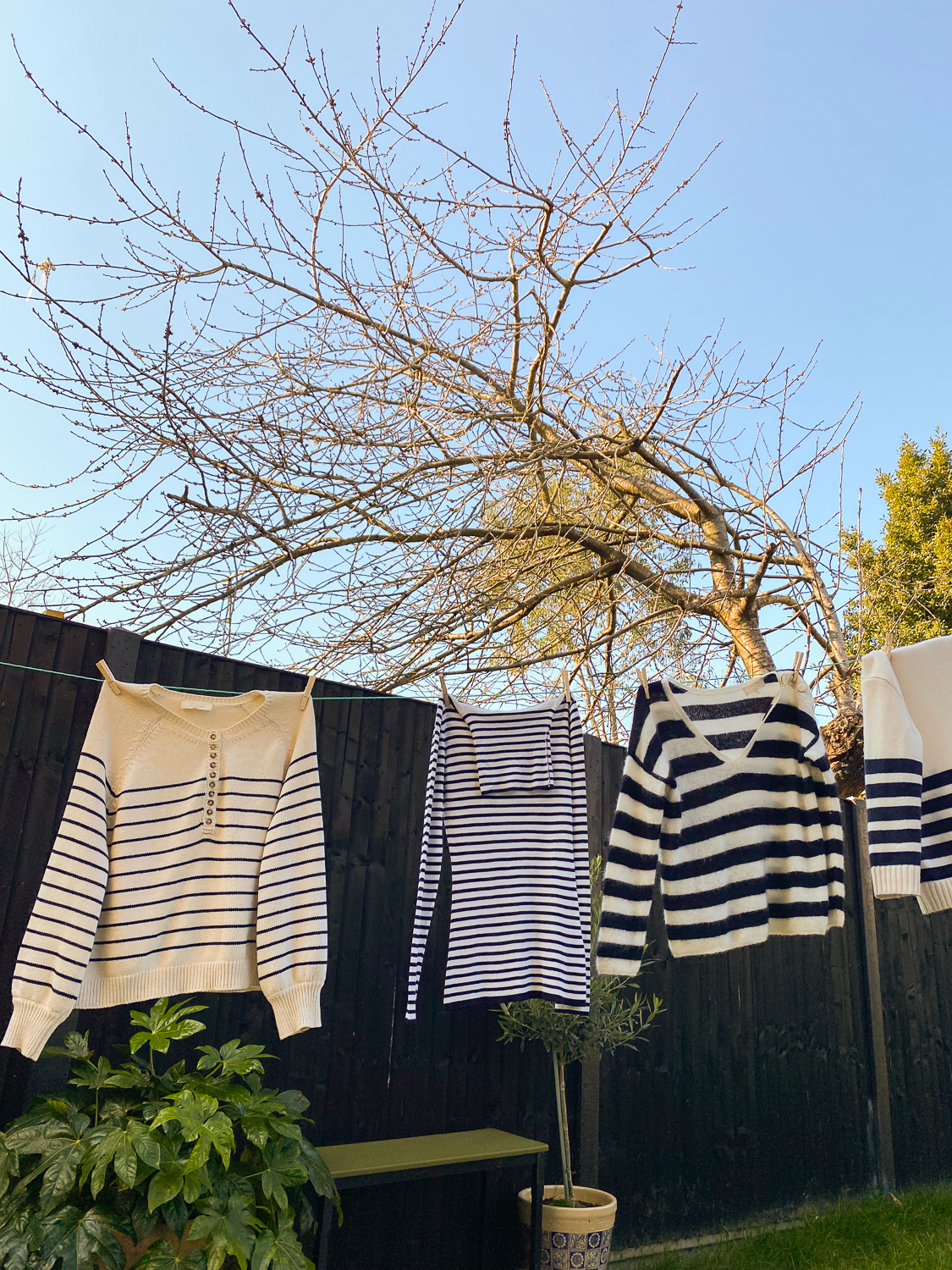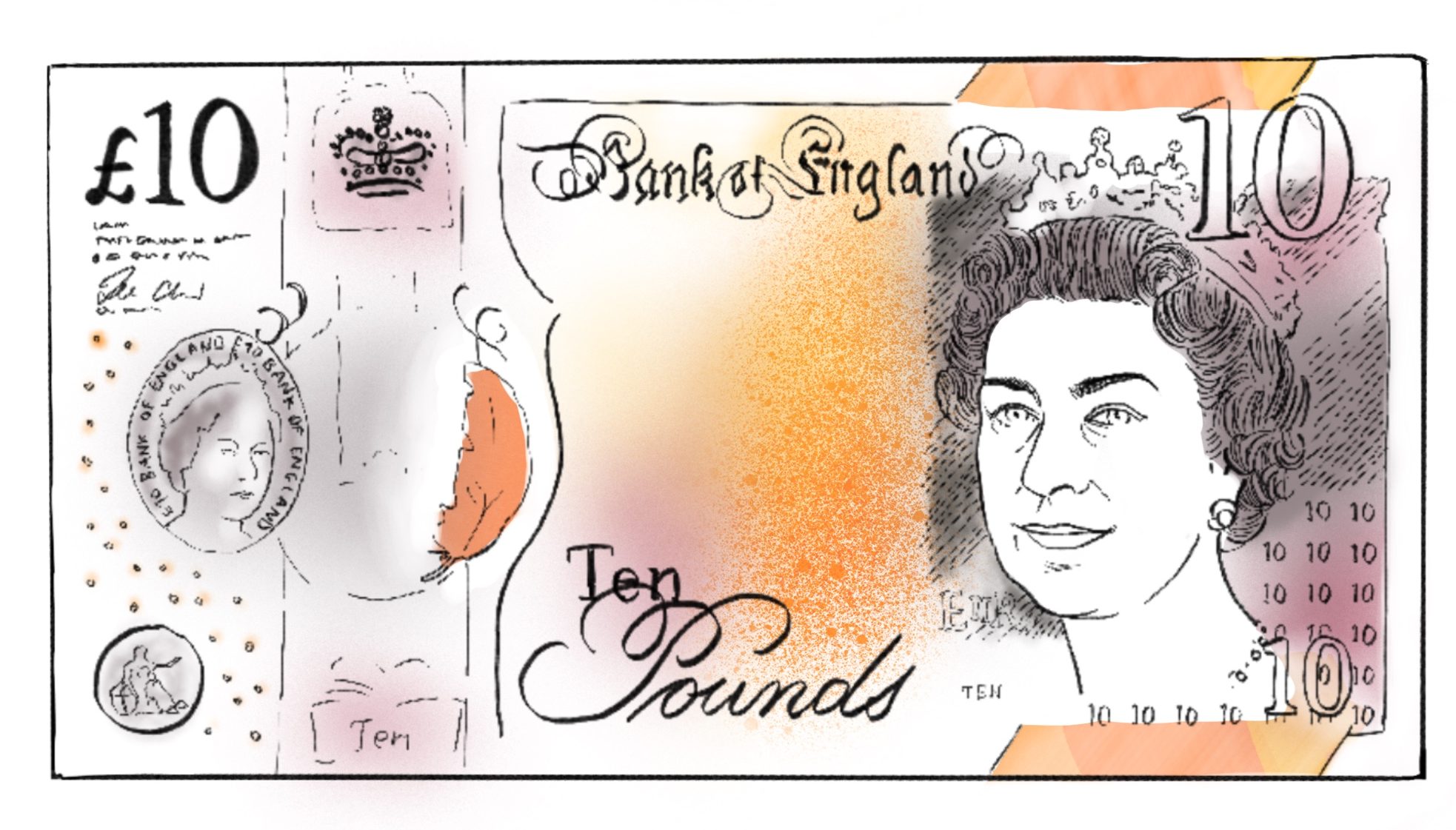Hannah Rochell tells us how she saves energy (and money) thanks to a few really easy tips
As I write this, the sun is shining. And this year, warm summer days are more welcome than ever, because as energy prices rise, we’re all having to think twice before turning up the thermostat. It’s not currently advised for us to switch energy provider at all; this used to be the best way of keeping your bills low but since there is no such thing as cheap energy right now, the most efficient and quickest way to save money is to simply use less energy.

While I don’t claim to be an energy expert, I have done a fair bit of research on how to use less of it, which I originally did in my quest to power my life more sustainably. That research is now coming in handy where my bills are concerned too; these are my top seven tips for using less energy and saving money.
1. Deal with the obvious stuff first, like turning the lights off!
OK, some of these things may sound really obvious, but are you actually doing all of them? According to the Energy Saving Trust, it could save you a fair bit of money over the course of a year. For example, these are the average savings for a three bedroom house in the UK:
Turning appliances off rather than leaving on standby = £55
Not using a tumble drier = £60
Not overfilling the kettle = £11
Another simple thing to do is switch to LED light bulbs, which use 75% less energy than traditional ones, and also last much longer. When every little bit counts, the small things are worth it.
2. Turn the thermostat down by just 1ºC
You’re probably not using the heating much right now, but come autumn keep an eye on your thermostat. Turning it down by just 1ºC can make a difference and save you money right away. According to a report by USwitch in 2020, 2.7 million households in the UK have their thermostats set to a positively balmy 25ºC (hotter than Tenerife!), but the recommended temperature is somewhere between 18ºC and 21ºC depending on the house and who lives in it (for example elderly people should opt for the warmer end of the scale). If in doubt, try turning it down by one degree at a time until you reach a temperature that everyone in the house – and your bank balance – is comfortable with. In our home, we’re cool with 18ºC and an optional blanket.

3. Wash your clothes less frequently
I am a big advocate of washing your clothes less often for many reasons, and one of them is that it saves loads of energy. When you do wash them, however, doing it more consciously could also save you some cash. For example, by doing one less wash a week and reducing the temperature to 30º, you could save £28 per year.
4. Get a smart meter
You can get a smart meter free from your energy provider (most are currently installing them but you’ll need to check your area) and it tells them exactly what energy you have used, so you won’t get stung by overestimated bills again. We’ve found that the meter really makes us keep track of how much we are using because it shows us the cost in real time. Ours is especially useful because we don’t have gas central heating and power the whole house on electricity, and it has allowed us to experiment with how we use our boiler; for example, we’ve found that heating the water tank for a short period overnight is the cheapest way of doing it.
5. Think about the spare room
Make sure you turn off the radiators in any rooms you’re not currently using. And then shut the door! You don’t want the heat from the rooms you are using to be wasted in there. We also close the bathroom door after we’ve used it in the morning for the same reason.
6. Buy part of a wind farm (yes, really!)
We’ve recently done a full renovation on our house. It wasn’t connected to gas and we didn’t want it to be, so we researched renewable energy solutions and I’ll be honest, it was a bit of a nightmare. Solar panels and heat pumps were too expensive for our budget, so I’m now exploring the idea of buying part of a wind farm instead through Ripple Energy. It might sound mad, but essentially, you pay as little as £25 for your share (but it makes better sense to buy more if you can afford it), and you get that allocated amount of energy at cost price, which at the moment is MUCH cheaper. Plus, unlike solar panels and heat pumps, if you move house your share of the wind farm just moves with you. Solar Together offers similar community solar projects in selected parts of the UK.
7. Use your kitchen better
Other than only boiling the amount of water you actually need in the kettle, there are lots of other ways to use your kitchen more efficiently. For example, we’ve taken to leaving the oven door open after cooking so that it heats up the room (we have an open plan kitchen diner so this is really efficient for us, and the oven isn’t at floor level, so not dangerous for the dog!). Boiling on the hob is twice as quick if you just add a lid, and opting for a hob ring that’s unnecessarily large will use more energy than you need. And it pains me to say this, because I do love an oven baked potato, but cooking it in the microwave instead uses a whopping 75% less energy.


